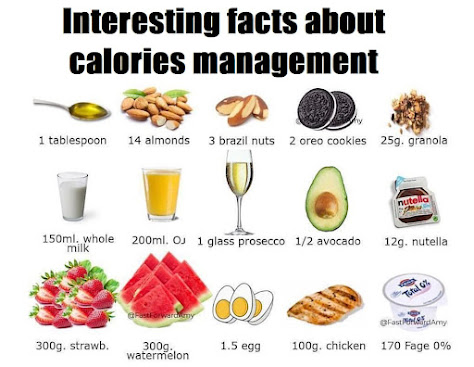Brisk Walking is a fantastic form of exercise

Brisk Walking is indeed a fantastic form of exercise with numerous health benefits. Here’s why it’s considered a “superfood” for your body:
Cardiovascular Health:
Walking increases your heart rate, improving blood flow and potentially lowering blood pressure.
Energy Boost:
When you walk, your body releases endorphins, which enhance your mood and boost energy levels. Additionally, the increased oxygen delivery throughout your body contributes to overall vitality.
Reduced Risk of Chronic Conditions:
Regular walking has been associated with:
- Lowering High Blood Pressure
- Improving Body Mass Index (BMI)
- Reducing the Risk of Diabetes, Stroke, and Cardiovascular Disease
Walking Pace Matters:
Research shows that faster walking paces yield greater health benefits. It is advisable that always aim for a brisk or very brisk pace so that you can get best of the positive effects.
Stress Reduction:
Unlike high-impact exercises like running, walking raises your heart rate without triggering the stress hormone cortisol. It has been observed that walking relieves the brain neurons, helping to reduce stress and anxiety.
Mental Health Benefits:
Walking has been linked to improved mental health outcomes. While the evidence base is growing, it remains fragmented.
How Much Walking?
- The 2018 Physical Activity Guidelines for Americans recommend that adults with chronic conditions aim for at least 150-300 minutes of moderate-intensity aerobic activity weekly. Walking fits this recommendation.
- The duration of walk with pace of walk is very important. So adjust your duration and pace for more benefits from walking.
Remember, walking is accessible, free, and can be done almost anywhere. Enjoy you life just by walking.
.jpg)
.jpg)